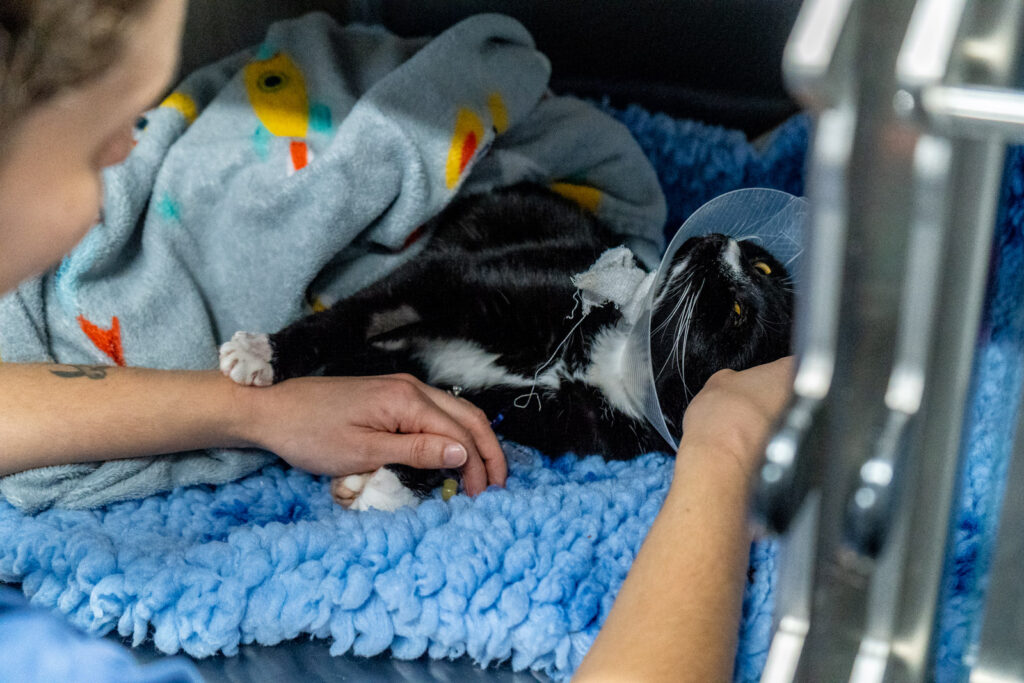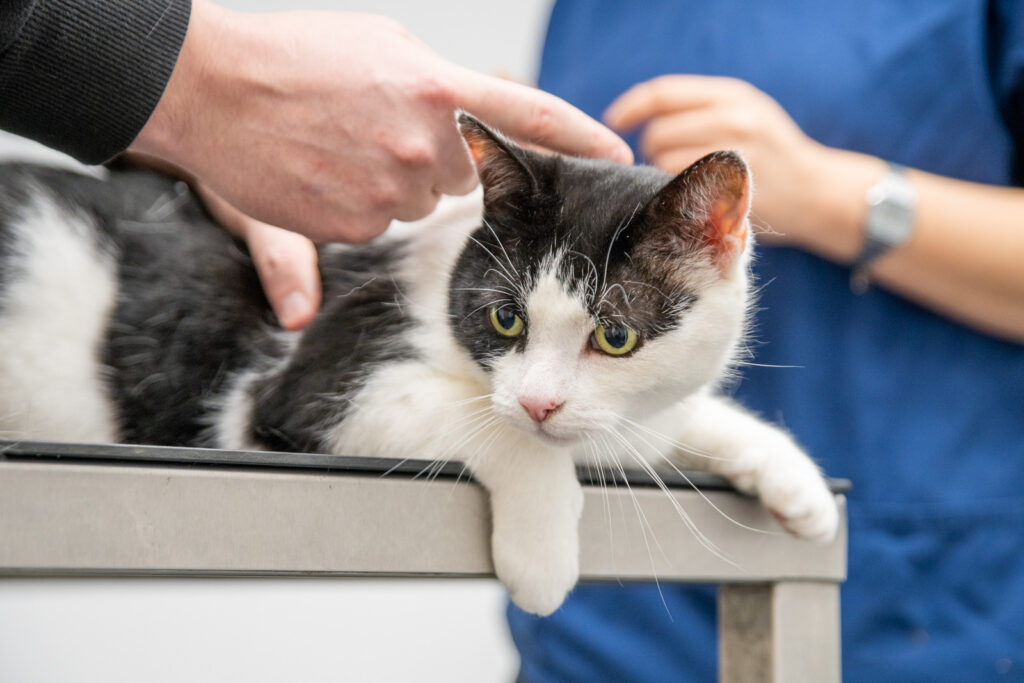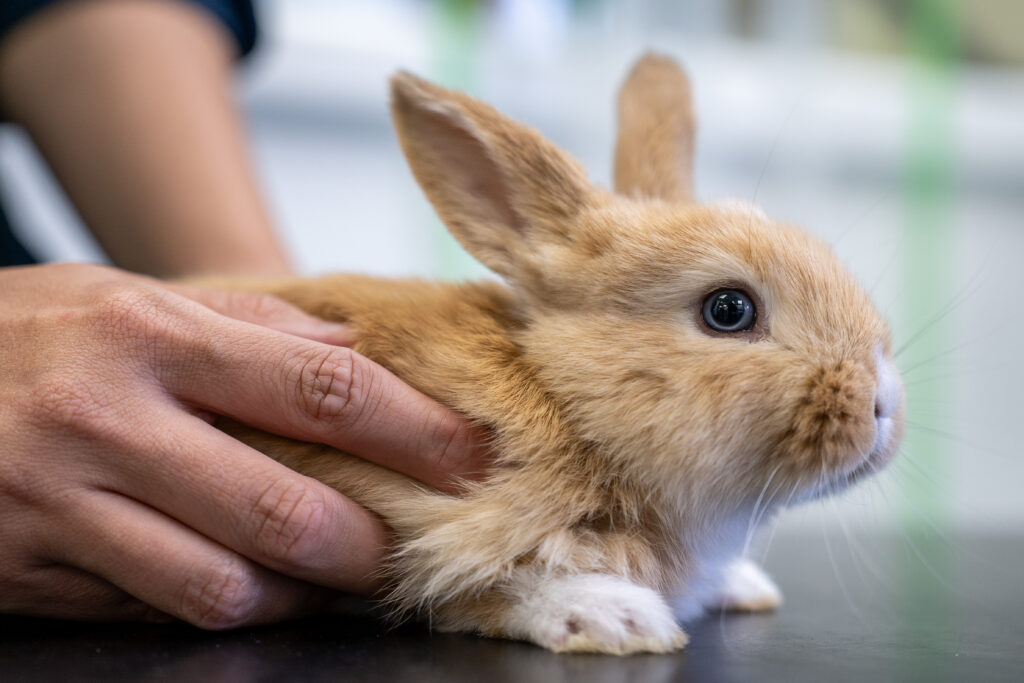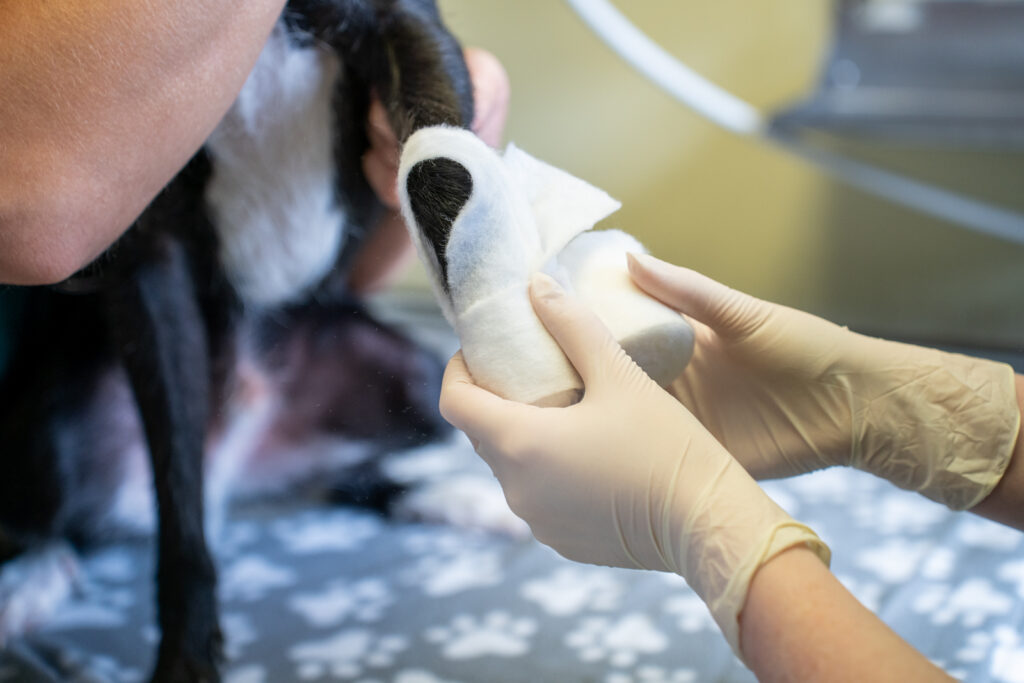Services
Our lovely team provides a range of services to help keep your pet healthy and happy.


Your pet’s health, planned
Save with an annual preventative healthcare plan that supports your pet’s wellbeing and gives you peace of mind.
More ways we can help

Laparoscopic surgery
We offer laparoscopic (keyhole) surgery, a minimally invasive option for procedures such as neutering.

Hydrotherapy
We run a hydrotherapy and rehabilitation service for dogs at our Freckleton branch, which has a water treadmill.

Prescriptions
To order prescription medication for your pet, please contact your local branch.

Diagnostics
With our digital x-ray, ultrasound, bronchoscopy, endoscopy and colonoscopy facilities, you won’t need to travel far for diagnostic tests or results.

Laser therapy
K-laser and CO2 laser therapy can be used as part of the management of some health conditions and injuries. Ask our team for more details.

CT scans
CT scans are an effective way of getting high quality, advanced, diagnostic images that can allow prompt assessment and diagnoses.

Blood pressure checks & blood tests
Our blood pressure doppler machine allows us to check your pet’s blood pressure. We also work closely with an eternal laboratory for detailed and rapid blood sample work.

Nurse clinics
Our friendly nursing team can advise on everything from training, diet, parasites and arthritis to nail clipping, weight management, diabetes and senior pet care.

Home visits
We can offer home visits for some cases, where appropriate. Please get in touch to learn more.
Pet advice
Whether you need guidance on navigating seasonal hazards or general healthcare advice, you’ll find valuable insights to enhance your pet’s wellbeing here.
Read our latest advice on the VetPartners website.




